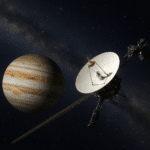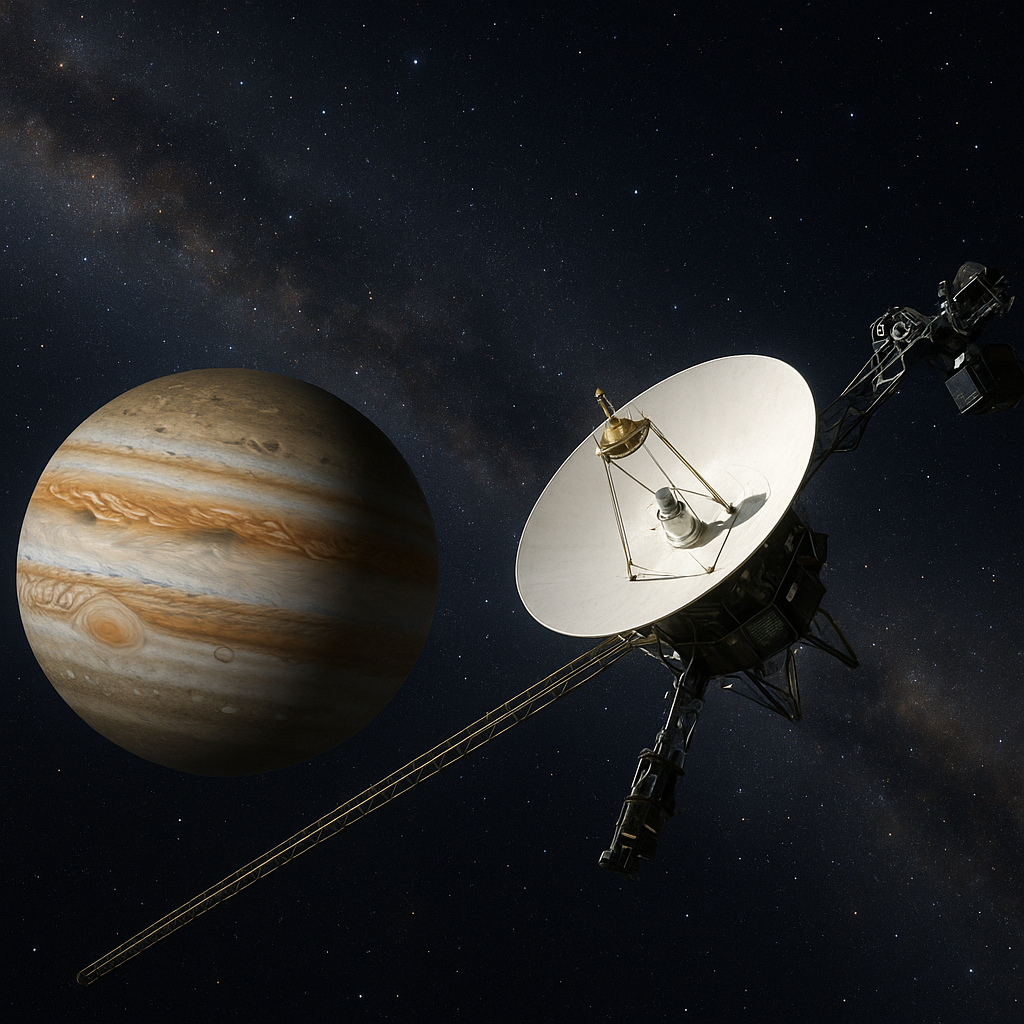Impressive agriculture has been a cornerstone of human civilization, driving progress and innovation throughout history. As we delve into the world of modern agriculture, we uncover the remarkable advancements that have transformed the way we cultivate, harvest, and sustain our planet’s resources. This article explores the cutting-edge technologies and sustainable practices that define impressive agriculture today.
Technological Innovations in Agriculture
The agricultural sector has witnessed a technological revolution over the past few decades, with innovations that have significantly increased productivity and efficiency. One of the most notable advancements is the use of precision agriculture, which leverages data and technology to optimize farming practices. By utilizing GPS technology, sensors, and drones, farmers can monitor crop health, soil conditions, and weather patterns with unprecedented accuracy. This data-driven approach allows for precise application of water, fertilizers, and pesticides, reducing waste and environmental impact.
Another groundbreaking development is the integration of artificial intelligence (AI) and machine learning in agriculture. AI-powered systems can analyze vast amounts of data to predict crop yields, detect diseases, and recommend optimal planting schedules. These technologies not only enhance decision-making but also enable farmers to respond swiftly to changing conditions, ensuring better crop management and higher yields.
Robotics has also made significant inroads into agriculture, with autonomous machines performing tasks such as planting, weeding, and harvesting. These robots are equipped with advanced sensors and algorithms, allowing them to operate efficiently and safely alongside human workers. The use of robotics not only reduces labor costs but also addresses the challenges of labor shortages in the agricultural sector.
Sustainable Practices for a Greener Future
As the global population continues to grow, the demand for food production increases, putting pressure on natural resources. To address this challenge, impressive agriculture has embraced sustainable practices that prioritize environmental conservation and resource efficiency. One such practice is regenerative agriculture, which focuses on restoring soil health and biodiversity through techniques like crop rotation, cover cropping, and reduced tillage. These methods enhance soil fertility, improve water retention, and sequester carbon, contributing to a more sustainable and resilient agricultural system.
Agroforestry is another sustainable approach gaining traction in impressive agriculture. By integrating trees and shrubs into agricultural landscapes, farmers can create diverse ecosystems that provide multiple benefits. Agroforestry systems enhance biodiversity, improve soil structure, and offer additional sources of income through the production of timber, fruits, and nuts. This holistic approach not only supports environmental sustainability but also enhances the livelihoods of farming communities.
Water management is a critical aspect of sustainable agriculture, especially in regions facing water scarcity. Innovative irrigation techniques, such as drip irrigation and rainwater harvesting, have been developed to optimize water use and minimize waste. These methods ensure that crops receive the necessary moisture while conserving water resources, making agriculture more resilient to climate change and drought conditions.
The Role of Biotechnology in Modern Agriculture
Biotechnology has played a pivotal role in shaping impressive agriculture, offering solutions to some of the most pressing challenges faced by the industry. Genetically modified organisms (GMOs) have been developed to enhance crop resistance to pests, diseases, and environmental stresses. These genetically engineered crops require fewer chemical inputs, reducing the environmental impact of agriculture and increasing food security.
In addition to GMOs, biotechnology has enabled the development of biofortified crops, which are enriched with essential nutrients to combat malnutrition. These crops, such as vitamin A-enriched rice and iron-fortified beans, have the potential to improve the health and well-being of millions of people worldwide, particularly in developing countries where nutrient deficiencies are prevalent.
Biotechnology also extends to the field of synthetic biology, where scientists are engineering microorganisms to produce biofuels, bioplastics, and other valuable compounds. These innovations offer sustainable alternatives to fossil fuels and petrochemicals, reducing the carbon footprint of agriculture and contributing to a circular economy.
Challenges and Future Prospects
Despite the remarkable advancements in impressive agriculture, the industry faces several challenges that must be addressed to ensure a sustainable future. Climate change poses a significant threat to agricultural productivity, with rising temperatures, changing precipitation patterns, and extreme weather events impacting crop yields and food security. To mitigate these effects, farmers must adopt climate-smart practices and technologies that enhance resilience and adaptability.
Another challenge is the need for equitable access to agricultural innovations. Smallholder farmers, who produce a significant portion of the world’s food, often lack the resources and infrastructure to benefit from advanced technologies. Bridging this gap requires investment in rural development, education, and capacity-building initiatives that empower farmers to adopt sustainable practices and improve their livelihoods.
Looking ahead, the future of impressive agriculture lies in the continued integration of technology, sustainability, and innovation. As the industry evolves, collaboration between governments, research institutions, and the private sector will be crucial in driving progress and addressing the complex challenges of food production. By embracing a holistic approach that balances productivity with environmental stewardship, impressive agriculture can pave the way for a more sustainable and food-secure world.










